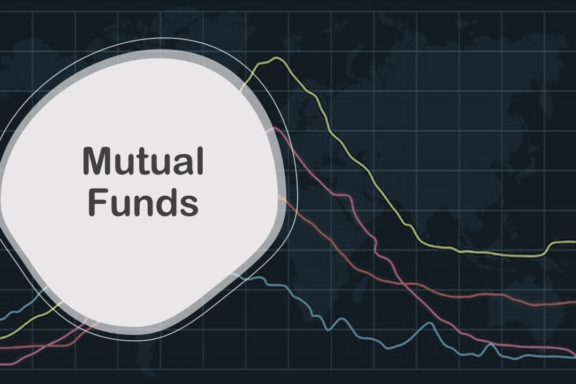Introduction:
Investors seeking a combination of growth potential and risk management often turn to balanced mutual funds. These funds offer a well-rounded approach by investing in a mix of stocks, bonds, and sometimes other asset classes. By combining the benefits of both equity and fixed-income securities, balanced mutual funds provide investors with the potential for capital appreciation while mitigating risk. In this article, we will explore the features, benefits, and considerations of balanced mutual funds, enabling you to make informed investment decisions.
What are Balanced Mutual Funds?
Balanced mutual funds, also known as hybrid funds, are investment vehicles that aim to strike a balance between generating growth through stock investments and providing stability through bond investments. These funds typically have a predetermined asset allocation, which determines the percentage of the portfolio allocated to stocks and bonds. While the allocation may vary among different funds, a common distribution is 60% in stocks and 40% in bonds.
Asset Allocation:
The key characteristic of balanced mutual funds lies in their asset allocation strategy. Typically, these funds maintain a predetermined asset mix, allocating a certain percentage to stocks and the remainder to bonds or other fixed-income securities. The asset allocation may vary from fund to fund, with some leaning towards a more conservative approach while others may adopt a slightly aggressive stance.
The Benefits of Balanced Mutual Funds:
- Diversification: By investing in a combination of stocks and bonds, balanced funds offer diversification across different asset classes. This diversification helps to reduce the overall risk in the portfolio, as the performance of different asset classes tends to be influenced by varying market conditions.
- Risk Management: The inclusion of bonds in balanced mutual funds helps mitigate the volatility associated with stock market investments. Bonds are considered relatively safer investments, offering income through interest payments and returning the principal at maturity. They provide stability and act as a cushion during periods of market turbulence.
- Professional Management: Balanced mutual funds are actively managed by professional fund managers. These experienced individuals conduct thorough research and analysis to make investment decisions on behalf of the investors. Their expertise in selecting suitable stocks and bonds helps optimize returns and manage risk effectively.
- Income Generation: Balanced mutual funds often generate income for investors through dividend payments from stocks and interest payments from bonds. These regular income distributions can be beneficial for investors seeking a steady stream of cash flow, such as retirees or those looking for supplementary income.
- Simplified Investment Approach: For investors seeking a straightforward investment strategy, balanced mutual funds offer a convenient option. Instead of managing multiple investments individually, investors can entrust their capital to a single fund, saving time and effort. This approach is particularly appealing for individuals who prefer a hands-off approach to investing.
Considerations for Investors:
- Risk Tolerance: While balanced mutual funds aim to strike a balance between growth and stability, it’s essential to consider the risk-return tradeoff. Investors should evaluate their risk tolerance and investment objectives before choosing a fund with an appropriate asset allocation. Funds with a higher equity allocation may offer greater growth potential but come with higher volatility.
- Fund Expenses: Investors should carefully examine the expense ratios associated with balanced mutual funds. These fees can vary among funds and impact overall returns. Low-cost funds tend to be more favorable for long-term investors as higher expenses can erode gains over time.
- Fund Performance: Assessing the historical performance of a balanced mutual fund is crucial. Analyze the fund’s returns over different market cycles and compare them to relevant benchmarks. However, past performance is not a guarantee of future results, and investors should consider various factors before making investment decisions.
- Investment Horizon: Investors should consider their investment horizon when choosing a balanced mutual fund. If the investment objective aligns with long-term goals, a fund with a higher equity allocation may be suitable. However, for short-term goals or conservative investors, a fund with a larger fixed-income component may be more appropriate.
Conclusion:
Balanced mutual funds present an attractive investment option for individuals seeking a balanced approach to grow their capital while managing risk. By diversifying across stocks and bonds, these funds provide stability during market downturns and the potential for growth during favorable market conditions. Investors should consider their risk tolerance, investment objectives, and fund expenses before selecting a suitable balanced mutual fund. Consulting with a financial advisor can provide further guidance to ensure alignment with individual financial goals.
Read more about: Mutual Funds






3 Comments